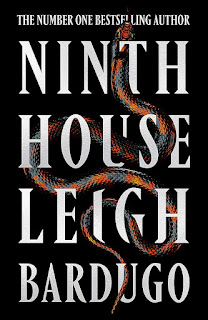institutionalised racism, Eddo-Lodge’s searing polemic reconstitutes the frame of the argument around race, removing it from the hands of those with little experience of its resonances. From ambient and lazy cultural stereotyping to open hostility, Why I’m No Longer Talking to White People About Race is a clarion call of understanding."
I was originally very wary to read this book. I am not someone who is a proponent of encouraging "white guilt." I don't think it helps fix the issue nor do I think I should feel guilty for being born into a certain race. The quite inflammatory title put me off and made me worried of how emotionally biased the content would be.
However, I am happy that I read this book. As someone who comes from the very racially tense country of South Africa, and is myself a first generation immigrant to the UK though white, I found this book quite close to home.
Eddo-Lodge's book is well written, well researched and intelligent. Focusing on structural racism and our own preconceived biases, she gives everyone the tools to start noticing and addressing racism that we see around us. She gives many examples of how, by separating our different social problems, we fail to see how these things interconnect and how race does play a part. However, I must say that some of the book is ambiguously described. "Structural racism" is a term I know from my own personal reading and was not well defined for your casual reader. I also felt that her discussions on immigration was overly simplifying on a deeply complicated topic while only using the very extreme arguments against immigration as the standard.
I specifically really enjoyed the focus on the little spoken about racial issues in the UK, though I would have enjoyed more history as I found that fascinating. With most of my race knowledge coming from South Africa where racism is still pretty obvious, it was interesting to read about the more subtle forms that it takes here.
Age Rating 16+. Due to the accessible writing style this book is suitable for a younger audience. Especially useful to encourage talks in a family environment.




